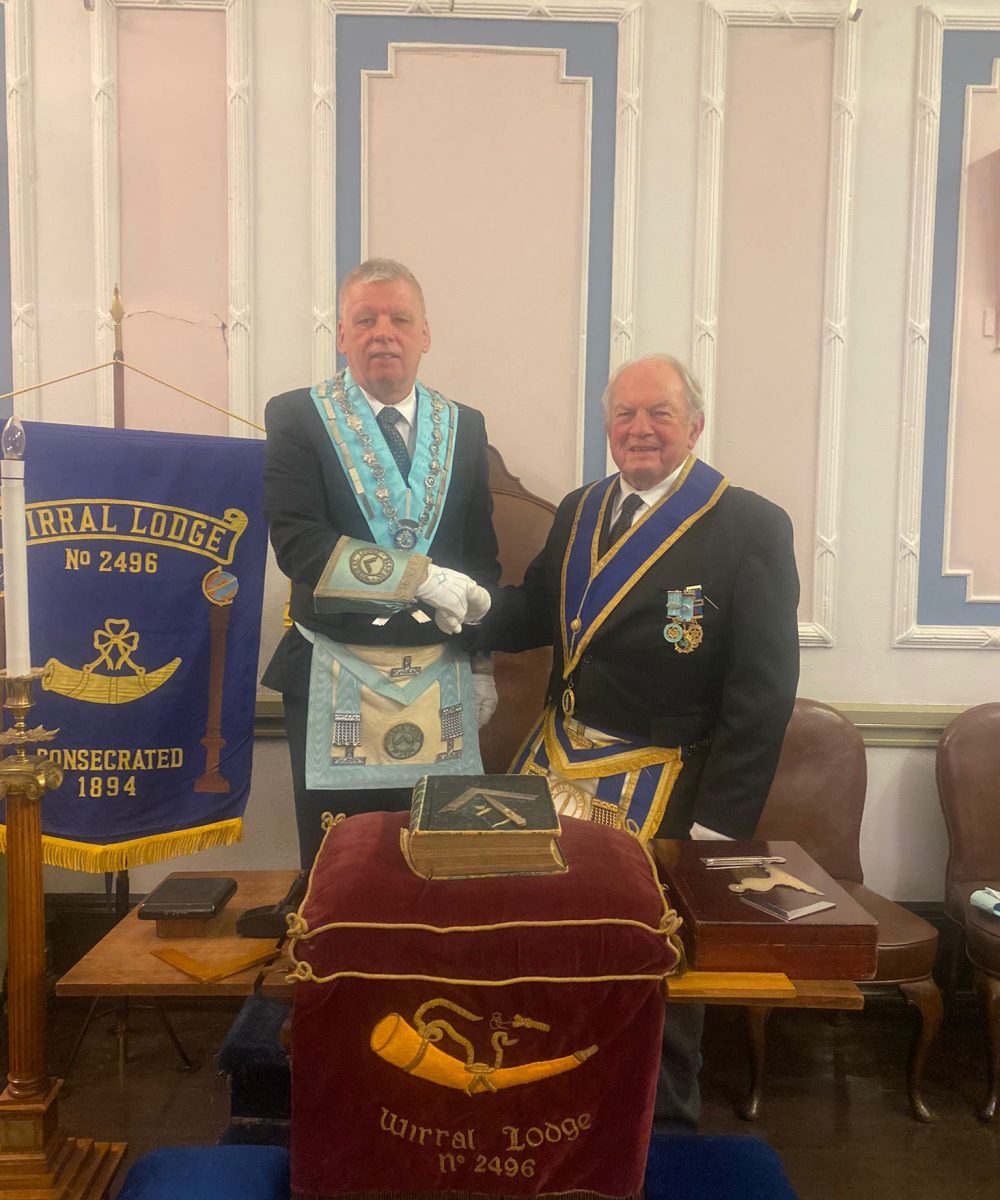What is Freemasonry
Unique and diverse
Freemasonry is a fraternal organisation that has origins dating back to the late 16th century. With a strong presence throughout the world, the United Kingdom is no exception – home to numerous Masonic lodges and grand lodges. But what exactly is Freemasonry and what role does it play in the UK?
At its core, Freemasonry is a society that seeks to promote moral and personal development among its members while also encouraging brotherhood and community service. Members, who typically call themselves Freemasons or Masons, are united by common values like integrity, charity, and a belief in a Supreme Being. They also share various symbols and traditions, which serve as a way of expressing Masonic teachings and lessons.
One of the defining features of Freemasonry is its secrecy. Meetings are held behind closed doors and members often use coded language and signs to identify each other. However, this secrecy is not meant to be sinister – rather, it serves to foster a sense of exclusivity and promote unity among members.


However, it’s important to note that not everyone is eligible to join the Freemasons – membership is typically limited to men who are at least 18 years old and believe in a Supreme Being. Women, for the most part, are excluded from the organisation – although there are a few Masonic groups that are open exclusively to women.
In conclusion, Freemasonry in the UK is a complex and multifaceted organisation that plays a significant role in the country’s social fabric. While it remains shrouded in secrecy to some extent, its members are united by a shared commitment to personal development, philanthropy, and brotherhood. Whether or not you agree with its values and traditions, it’s undeniable that Freemasonry has a long and rich history in the UK and will likely continue to be an important institution for many years to come.

